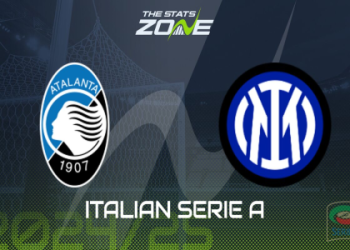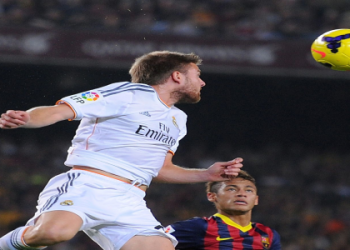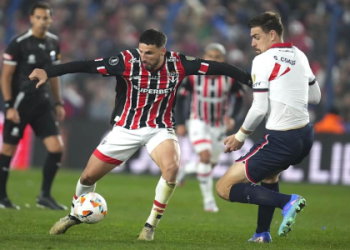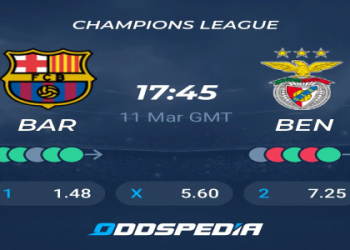Okay, so, I got this question stuck in my head: Does Romeo actually do anything in “Romeo and Juliet”? Like, does he have agency, or is he just swept along by fate and everyone else’s decisions? I decided to dig into it, not in a super academic way, just kinda tracing his actions through the play.
First Steps: Not Exactly Proactive
I started by re-reading Act 1. Honestly, Romeo starts out pretty pathetic, moping around about Rosaline. He’s not doing anything to win her over, just whining to Benvolio. Benvolio’s the one who suggests crashing the Capulet party – Romeo just tags along.
Meeting Juliet: A Spark, But…
Then, boom, he sees Juliet. Okay, credit where it’s due, he does approach her, and their whole sonnet exchange is pretty cool. He initiates the conversation and the kiss. So, that’s something, right?

The Balcony Scene: More Talking Than Doing
The famous balcony scene… It’s mostly Juliet laying out the plan, isn’t it? She’s the one who brings up marriage. Romeo agrees, but he’s reacting to her lead.
- Juliet Propose the relationship
- Romeo just accept
The Secret Marriage: Friar Laurence’s Idea
Next, I looked at the marriage itself. Romeo goes to Friar Laurence, sure, but it’s the Friar who comes up with the whole secret wedding scheme. Romeo’s just going along with it.
The Duel: A Big Mistake
Then, the big turning point: the duel with Tybalt. This is where things get messy. Mercutio’s death…that’s kind of a tragedy. Romeo does try to stop the fight and try to keep the peace, but it’s not enough. Then he kills Tybalt. It’s a huge action, but it’s driven by rage and revenge, not a thought-out plan.
Banishment: Passive Acceptance
After that, he’s banished. Does he try to fight it? Nope. He just accepts his fate and whines about it some more. Again, it’s Friar Laurence who comes up with the plan to go to Mantua and wait.
The “Plan”: Total Breakdown
The whole “fake death” plan…Romeo hears about it, and there is miscommunication. He got totally wrong about it.
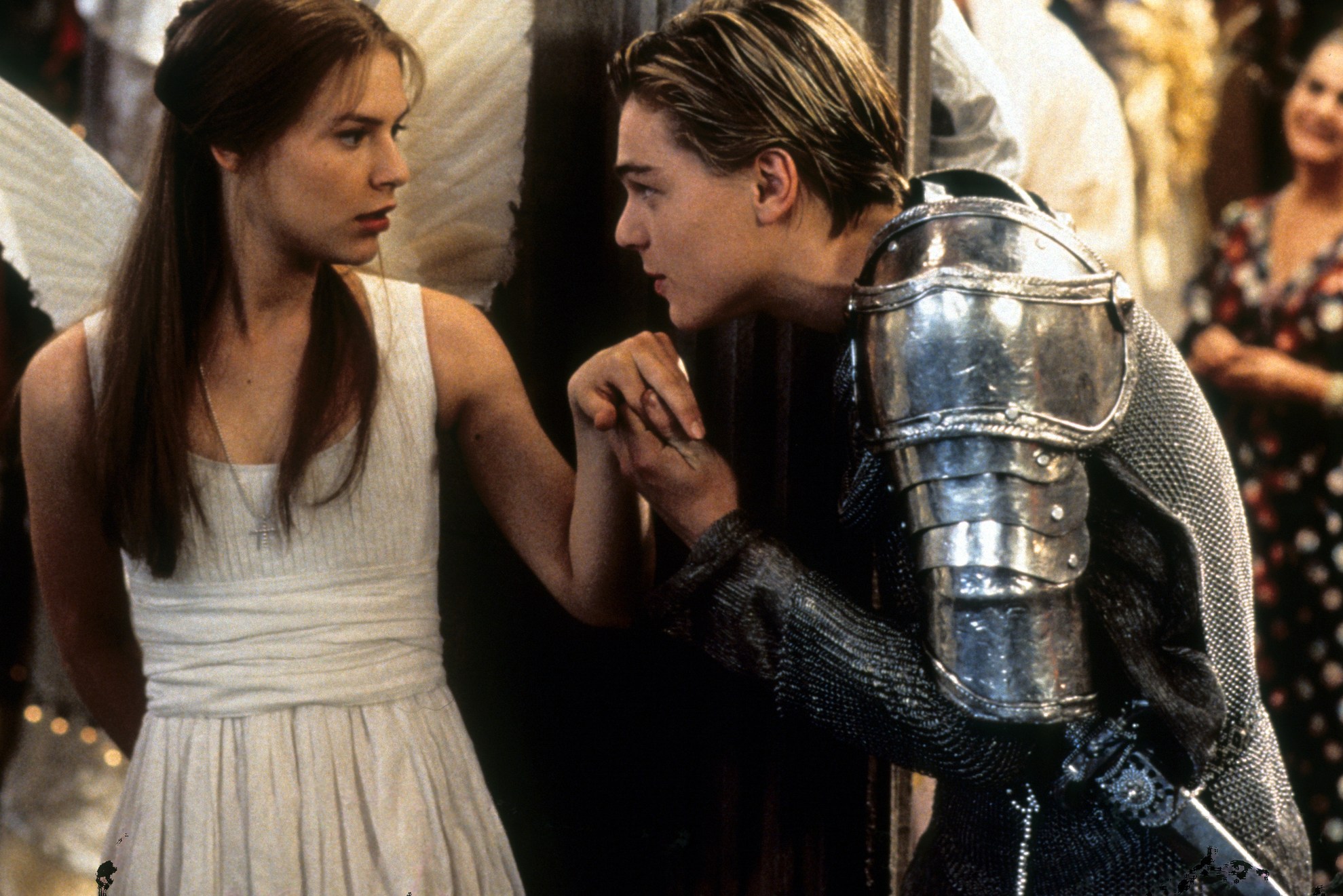
He doesn’t investigate, doesn’t question anything, just rushes back to Verona and decides to kill himself. It’s a massive, impulsive action, with zero planning.
The Final Scene: Actions, But Too Late
In the tomb, he does kill Paris. That’s another action, but again, it’s driven by desperation and grief. Then, of course, he kills himself. It’s his most decisive action, but it’s also the ultimate act of giving up.
My Conclusion: Not Much Agency
So, after going through all of this, my take is that Romeo doesn’t have much agency. He’s mostly reacting to events and other people’s decisions. He’s driven by emotion, not by reason or planning. His few real actions – approaching Juliet, killing Tybalt, killing himself – are impulsive and often make things worse. He’s kind of a tragic figure, swept along by forces he doesn’t understand and can’t control. It made me think about how much control we really have over our own lives. Maybe that’s a whole other blog post, though!






